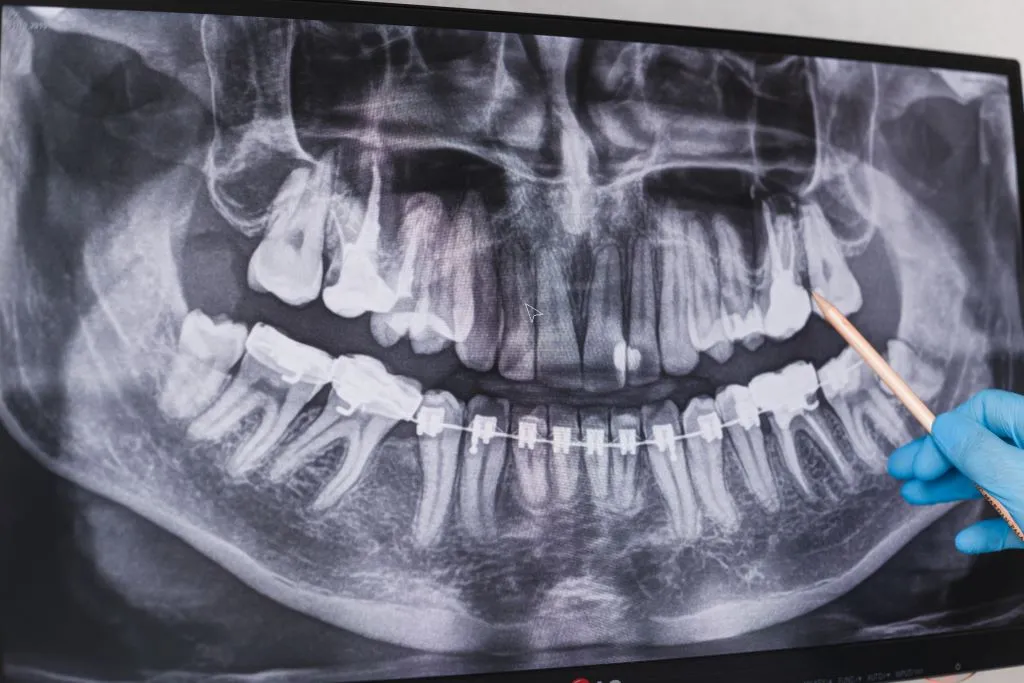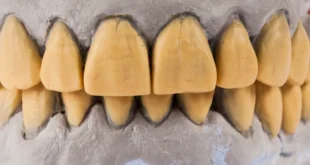Wisdom teeth, also known as third molars, are the last set of molars to emerge in the mouth. While many people develop wisdom teeth without issue, others may experience complications that require removal. In this article, we’ll explore the factors influencing the development of wisdom teeth and whether everyone gets them.
1. What Are Wisdom Teeth?
Wisdom teeth are the third and final set of molars that typically emerge between the ages of 17 and 25. These teeth are located at the back of the mouth, one on each side of the upper and lower jaws, totaling four wisdom teeth.
2. Why Are Some People Born Without Wisdom Teeth?
While most individuals develop wisdom teeth, some are born without them. This phenomenon occurs due to genetic variations and evolutionary changes over time. In some cases, the size and shape of the jaw may not provide enough space for wisdom teeth to erupt properly, resulting in their absence.
3. Does Everyone Get Wisdom Teeth?
Not everyone develops wisdom teeth, and the presence or absence of these molars can vary from person to person. Factors that influence whether someone gets wisdom teeth include genetics, jaw size, and evolutionary changes in the human anatomy.
4. Factors Influencing Wisdom Teeth Development:
- Genetics: The likelihood of developing wisdom teeth is influenced by genetic factors inherited from parents and ancestors.
- Jaw Size: Individuals with smaller jawbones may not have enough space for wisdom teeth to erupt properly, leading to impaction or other dental issues.
- Evolutionary Changes: As human diets and lifestyles have evolved over time, there has been a reduction in the size of the jaw, which may contribute to the decreased prevalence of wisdom teeth in modern populations.
5. Complications Associated with Wisdom Teeth:
While some people may have no issues with their wisdom teeth, others may experience complications such as:
- Impaction: Wisdom teeth may become impacted if they are unable to fully emerge through the gums due to lack of space or improper positioning.
- Infection: Impacted wisdom teeth can trap food particles and bacteria, increasing the risk of infection and inflammation in the surrounding gums.
- Tooth Decay: Partially erupted wisdom teeth may be difficult to clean properly, leading to an increased risk of tooth decay and cavities.
- Gum Disease: Impacted or partially erupted wisdom teeth can contribute to gum disease and inflammation, affecting oral health.
While wisdom teeth are a natural part of the dental anatomy for many individuals, not everyone develops them. Genetic factors, jaw size, and evolutionary changes play a significant role in determining whether someone will have wisdom teeth. Understanding the factors influencing wisdom teeth development can help individuals make informed decisions about their oral health and the potential need for wisdom tooth extraction.
 Cupon Latino Cupones de descuento en negocios latinos
Cupon Latino Cupones de descuento en negocios latinos





